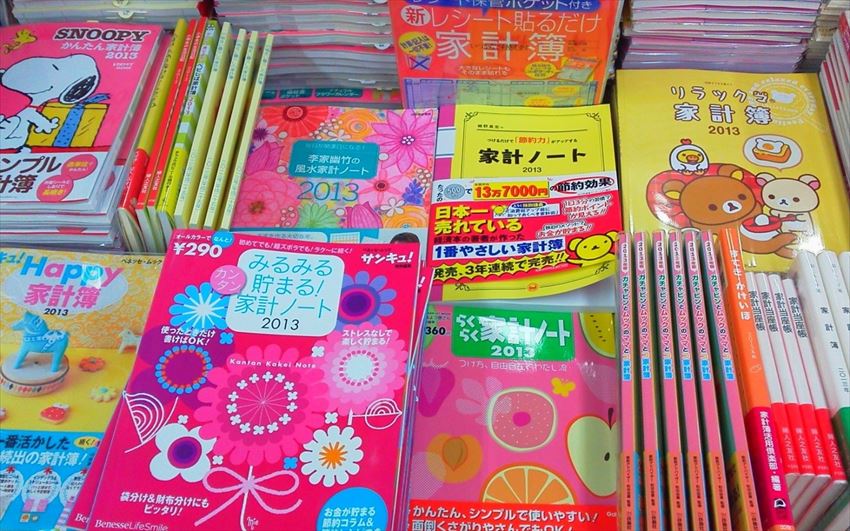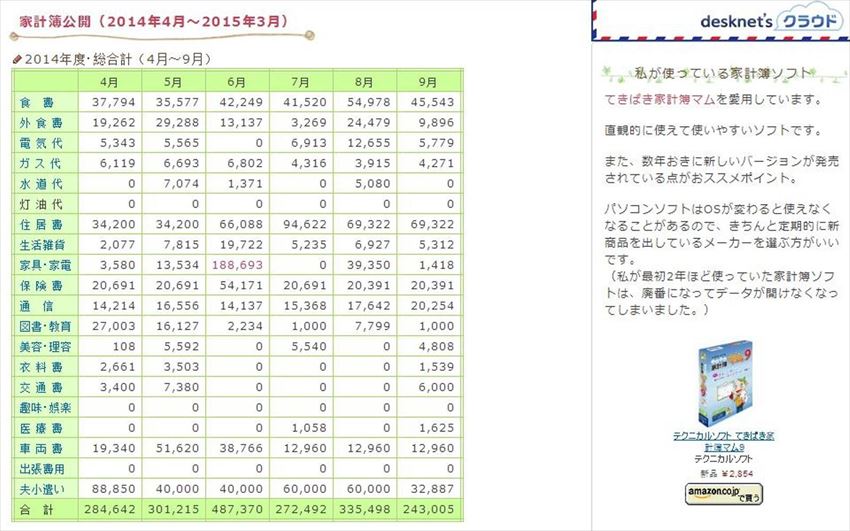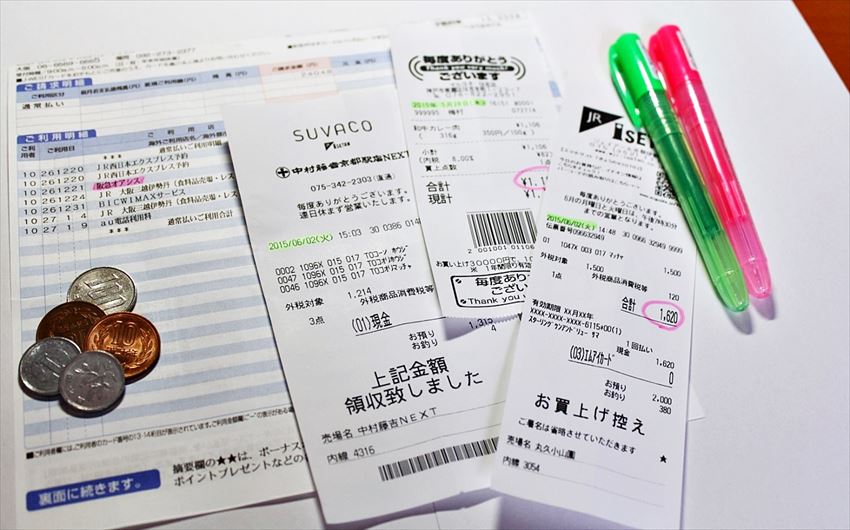Lining up income and expenses… adding up subtotal and subtracting to get a grand total…
Household bookkeeping is a world-wide language, but in Japan it’s a national pastime.
There are even specialised books called kakeibo, which are accounting books designed for households.

Traditionally, Japanese household finances have been controlled by women.
This often surprises people, because Japan is viewed as a male-dominant society.
However, a subtle balance between the genders has been struck for centuries, and it has always been the role of women (even in the pre-modernisation period) for the female counterpart to manage money.
Of course, this is slowly changing and more men and women are taking on joint financial responsibilities.

So, why is household bookkeeping so popular?
A lot is owed Motoko Hani, the first female journalist in Japan.
She believed that financial stability was important for happiness, and decided to publish a kakeibo (accounting book designed for households) in a women’s magazine in 1904.
While 111 years have passed since publication, this book is still sold.
The book’s subtitle slogan is ‘memory can be fuzzy, but the books are accurate’.

I’m not convinced that keeping household finances necessarily makes people happier, but there’s a lot to be said about financial stability being a necessary condition for happiness.
While we don’t want to be servants of money, keeping a healthy relationship with money is achieved through the kakeibo.
Comments